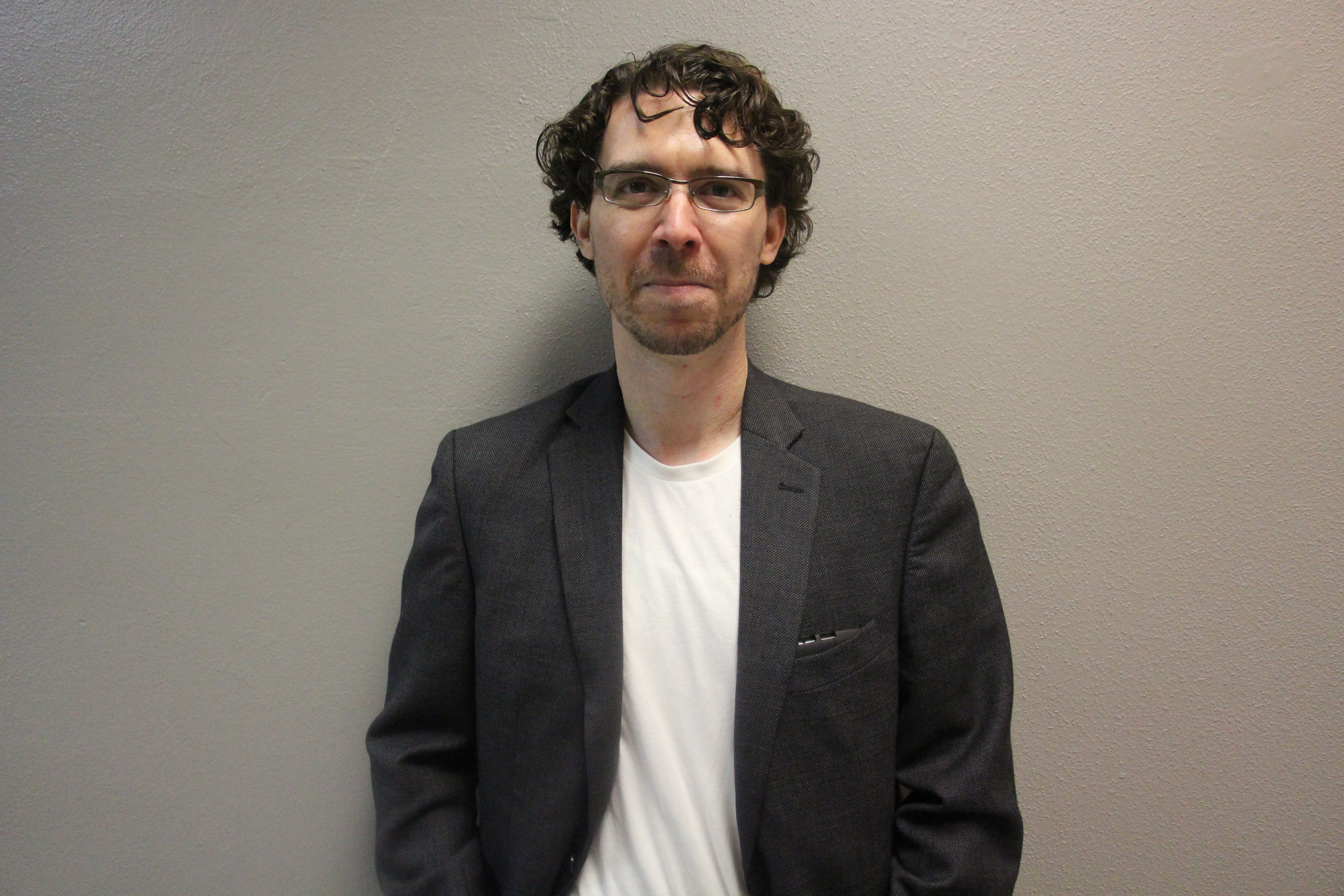
Family planning services promote healthy choices
As that one song goes, “Let’s talk about sex, baby.” Let’s talk about responsibility.
Now that Vermillion is no longer home to a local Family Planning Clinic, access to free condoms has become non-existent and STD testing has become limited. What seems like just another business responding to struggling times, the clinic’s role in a college community shouldn’t be taken lightly. Its valuable resources of education, awareness and prevention are crucial for all people, especially students.
Family Planning is much more than handing out free condoms. Clinics offer affordable reproductive health services to men and women. These include testing and treatment for many sexually transmitted diseases such as HIV and chlamydia. Women can also receive pregnancy testing. In case of positive results, women receive support throughout a pregnancy to ensure a healthy experience for mother and child.
Students can make appointments at the Sanford Medical Center to receive discount services, including free visits and reduced price testing, including for STDs. Sanford Medical Center provides gynecology services, as well. Students should be bring their Coyote Card, insurance information and standard medical information.
Students who cannot afford Sanford’s services or those who cannot afford condoms should still practice safe sex, including regular testing.
Two Planned Parenthood clinics are within an hour’s drive of Vermillion, and they offer a variety of services, including free condoms.
Another important aspect in Family Planning resources is education in areas of contraception, STIs and sexual assault. Typical high school health classes tend to glance over these subjects or stress abstinence. Once students step onto a college campus, however, real life takes over.
One study from the Guttmacher Institute shows those who utilize family planning resources and develop healthy reproductive habits enhances education and employment chances. This, in turn, improves their income, family stability, mental health and happiness, as well as the well-being of their children. Family planning is essential for communities to promote greater gender equality along with a more sustainable economy. Students thinking of future education and careers don’t have to add unexpected surprises onto their plates.
Students should receive encouragement to seek out opportunities promoting awareness and wellness. Even if individual goals don’t reflect a direct need for family planning, having a local resource such as Your Loving Choices available results in overall safer reproductive behaviors and decisions. These decisions not only affect those currently involved, but the future of the entire campus and community.
No matter what students’ personal plans entail, USD and Vermillion cannot forget the role of accessible reproductive health in plans for building an inclusive, safe and healthy community.
